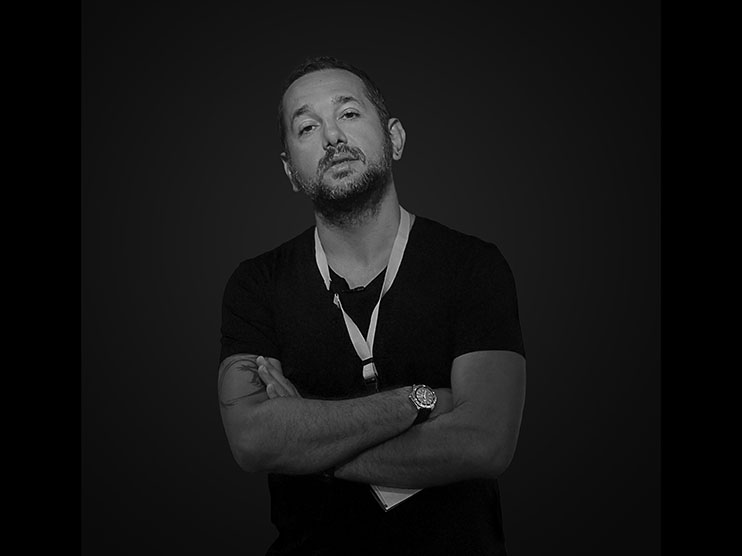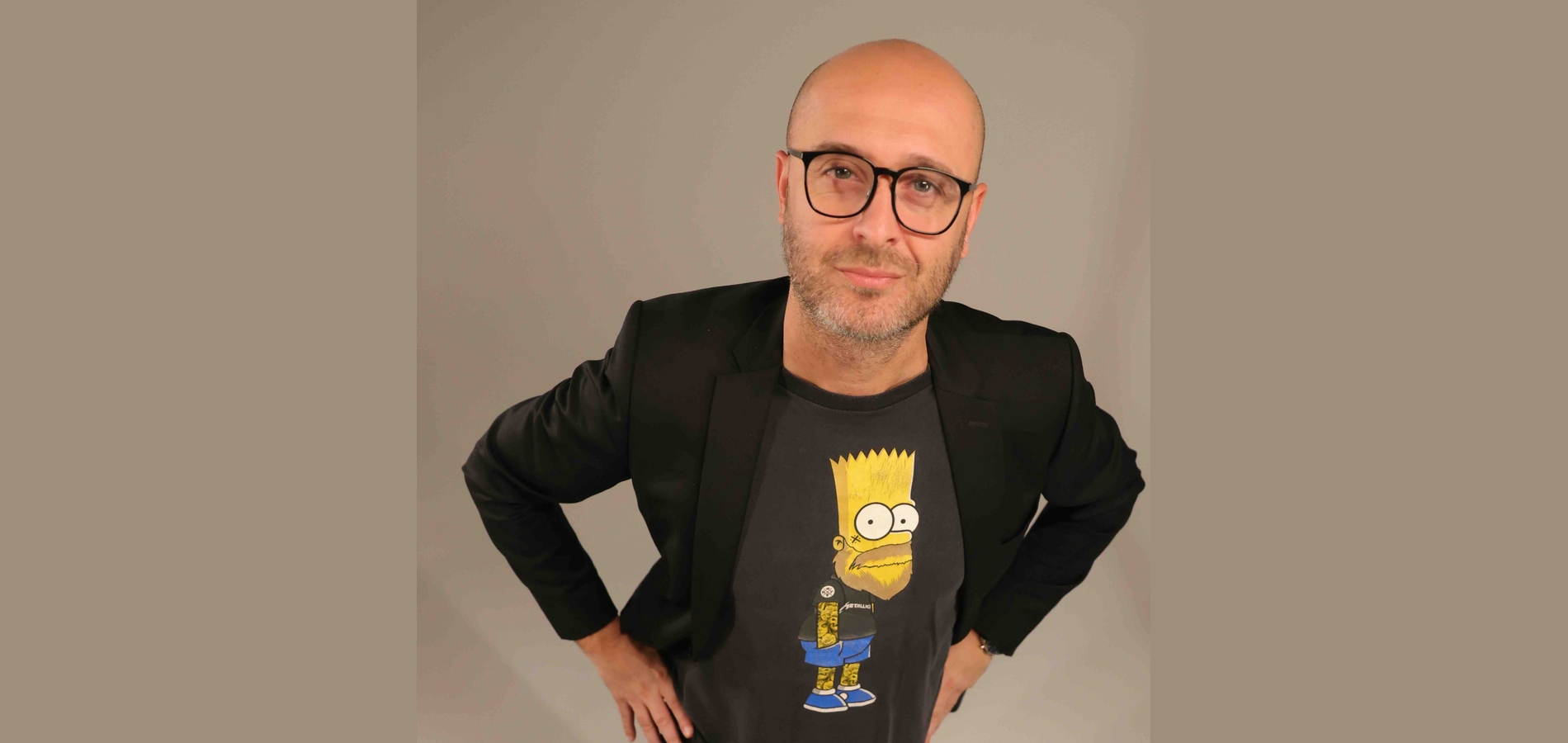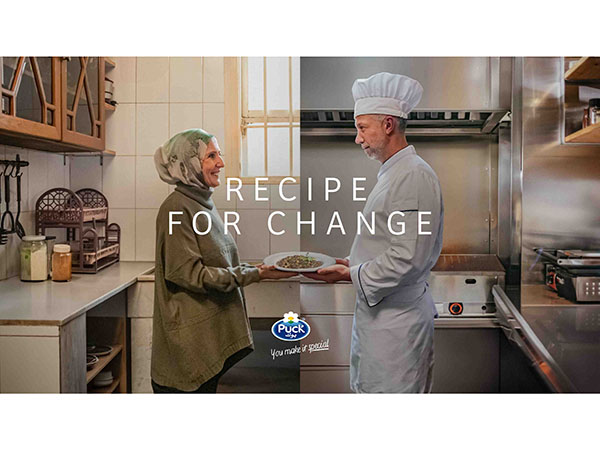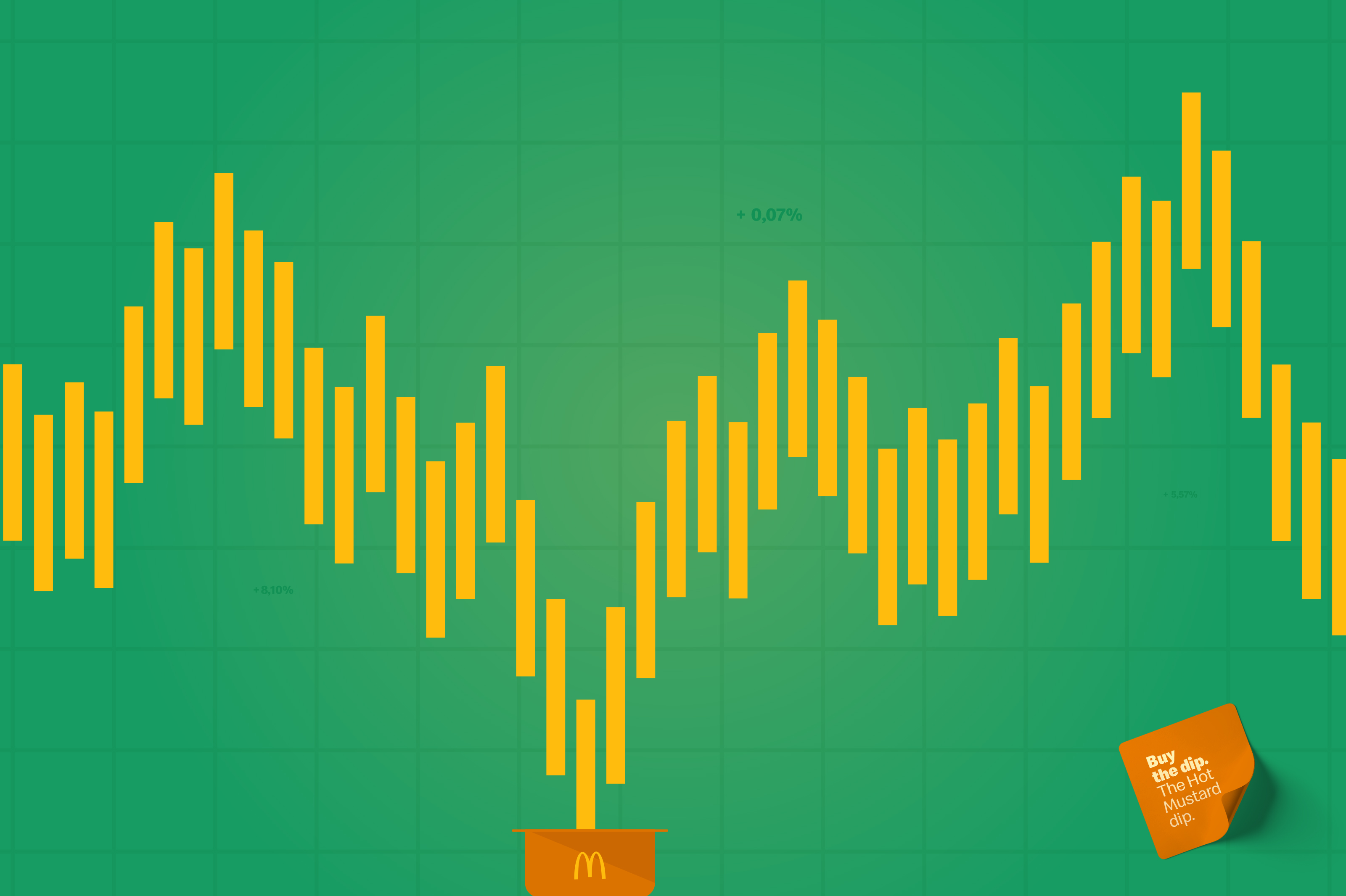News - Advertising
Emile Atallah: 'We Need To Be Architects Of The Future'
June 26, 2020
.jpg) Advertisement
Advertisement'We as a collective have been navigating through 2020 like we’re walking on eggshells, all while simultaneously leaving things up to destiny. Even the current hot topic that is “the new normal” seems to be turning into a stale one, with discussion still trumping action and proactivity.
In any case, who can say what “normal” really is, beyond ‘being in alignment with a certain goal under the given circumstances for the greatest good of all’? And how long will any “normal” last before circumstances change, as they always do?
While sudden events have left the world in awe and surprise, it’s important to consider: are these times really “unprecedented”? Or do we think so because, for the first time in recent history, we felt threatened? The hard fact is that the signs for our current situation, of which the pandemic is only a part, have been there for all to see for a long time. And the panic it generated stems from a lack of preparation.
The top priority today is not saving the planet, which is supremely resilient, but rather changing the way we think and act in order to save ourselves and, consequently, our planet. Our mindset, our “normal”, ought to always come from a place of thought and confidence, not fear and panic. Otherwise, we’ll forever be trapped in continually shifting sands.
It may actually be finally possible to contemplate a coming about of such a change in our perspective and attitude, now that the global lockdown has put the world on pause, bringing so many of us the opportunity to reflect and really think things through, as well as a unifying and reassuring feeling that, unlike the pandemic, is truly unprecedented.
When it comes to the world of business, we luckily have a great many more means than those who were here before us, and they may well serve as lifesaving tools for forward movement, as long as we learn from our past and present and use our resources in a sustainable and mindful way. Companies that focus on today’s priorities and offer solutions that bear in mind the bigger picture are more likely to be on the path to success. Advanced technology and sustainability are at the forefront of this era, and the world needs to match up to it.
“The top priority today is not saving the planet, which is supremely resilient, but rather changing the way we think and act in order to save ourselves and, consequently, our planet.”
As for our own industry, which has so far proven to be quite resilient, most likely as a result of adapting, the biggest challenge facing advertisers today and in the near future is to remain relevant at a time when all their instincts are making them extra cautious and thrifty.
To remain relevant to increasingly skeptical consumers requires a communication approach that has truthful sentiment at its heart, and no more whitewashing and smoke and mirrors. At the other end, advertiser industries and organizations also have much introspection to do. What measures are they taking? What values are worthy of promoting? Are they making an effort to become more sustainable?
If this global event taught us anything, it’s that we need to be architects of the future, not victims of it.
It’s quite difficult to pinpoint the long-term effects of what’s happening today when the odds can turn against us anytime. I believe we need to take things as they come, while keeping an eye on the future. It is a safer stance, which allows us to expect the unexpected!
There is a collective newfound awareness in the world that is on the rise, and its progress should be cheered. It’s like we’re all on the same boat for once, and to reach our destination safely, we all need to work simultaneously in one direction.
I find this to be very reflective. It’s as though Earth has sent us to our rooms to think about what we’ve done. Should we look at 2020 as the year for BETTER growth and BETTER productivity? It’s important to consider, while we’re in a hurry to rush back to normal, which parts of normal are worth rushing back to?



.jpg)





.jpg)




